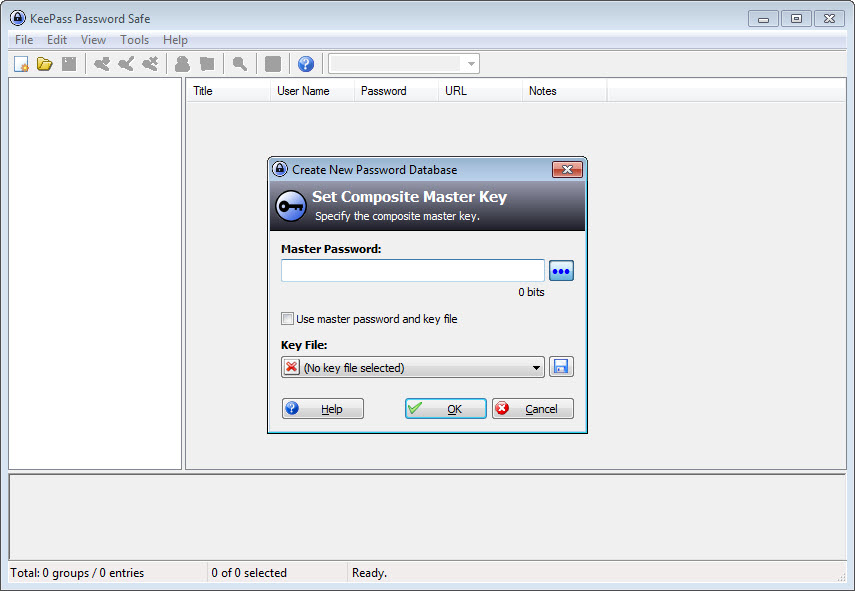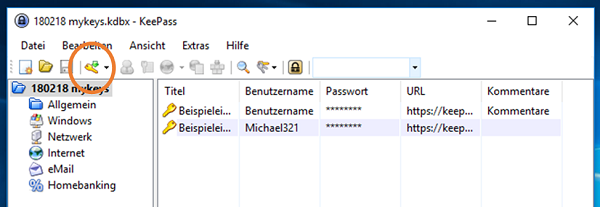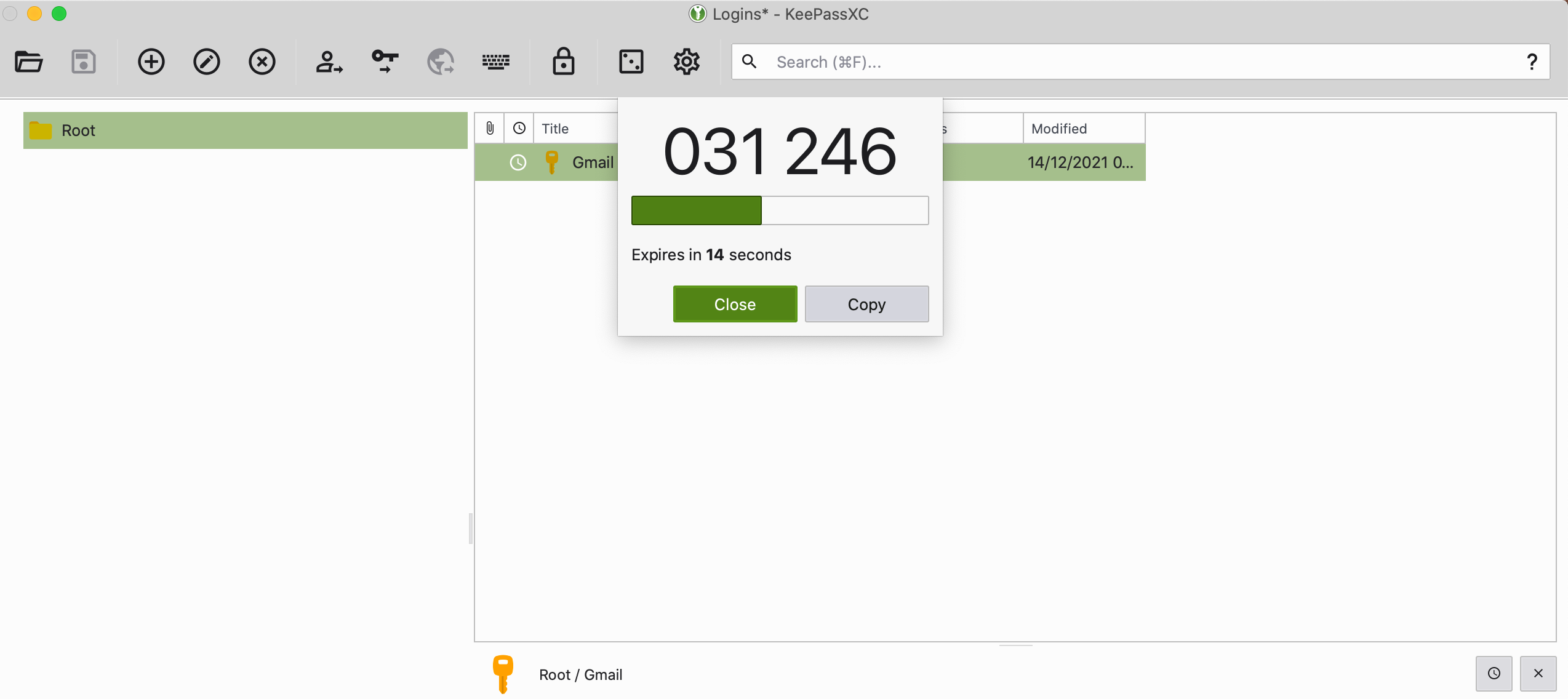



Furthermore, using strong passwords (and here I'm talking about strings of random alphanumeric characters salted with special characters) with high complexity reduces your vulnerability to dictionary and rainbow table attacks basically, you want to do the opposite of this. Recycling passwords across services can quickly get you into trouble, particularly if you're unaware that you've been pwn3d by an adversary who will continue to leverage your vulnerability for an indeterminate amount of time. Using strong passwords that are unique to everything with a distinct login is a major step towards improving your digital opsec. You can sometimes find good explainers on Reddit when someone asks "What do you use?" I find them pretty informative, and I wanted to provide the same sort of utility here. I therefore thought I would write up some basic tutorials about software I use, on the off chance that someone in need stumbles across them and finds them useful. This might be "the way" to do it, but why is that so? "Because it just is" doesn't count as an acceptable answer. I was really curious about what programs or strategies others were using, particularly when it came to their rationale. The amount of information you can find on ways to keep yourself safe online is daunting, but one of the most challenging aspects of this effort is the separation of good advice from bad (and believe me, there's a lot more of the bad than the good). I've been trying to improve my digital operational security for the past three or four years, and this has included a lot of tutorial, forum, and Reddit browsing.


 0 kommentar(er)
0 kommentar(er)
